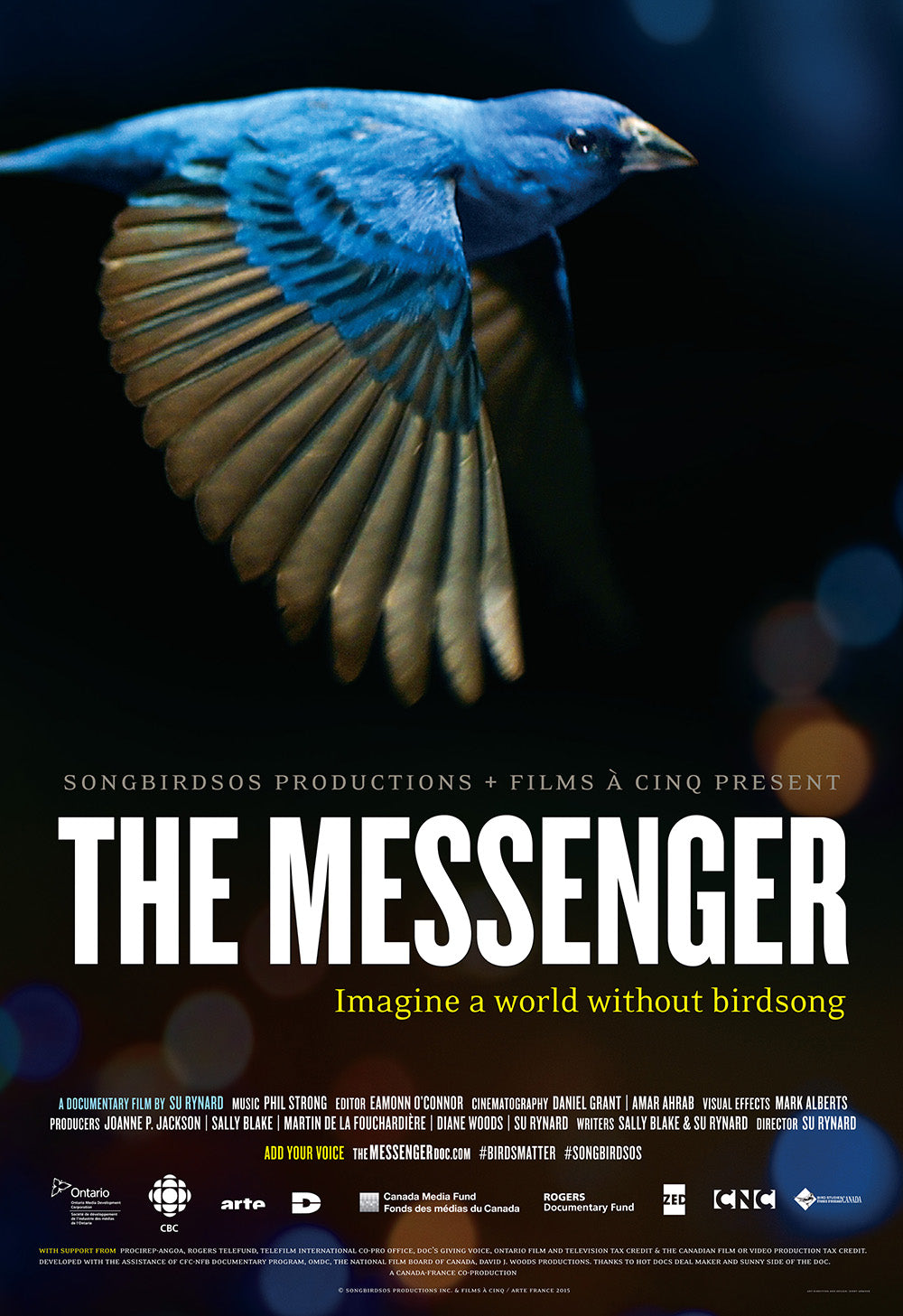Offer
Provide additional details about the offer you're running.
Provide additional details about the offer you're running.
Provide additional details about the offer you're running.

The release of the full-length feature film titled The Messenger has sent shock waves not only through the birding community but has also resonated with many others as well. Highlighting some of the negative effects we as humans have had on our wonderful planet, as well as the wildlife that inhabits it, the film made many of us uncomfortable about the way things have been going.
Utilizing stunning cinematography and concise storytelling, we along with many other local conservation groups in the area felt that this was a film and story that had to both be seen and heard.
As part of their January natural history presentation, our friends at the Mississippi Valley Field Naturalists organized a special screening of the film at the historic Almonte Old Town Hall, just up the road from our flagship store in town.
Selling tickets for just $5 each, the event was wildly successful as the club pledged to donate the entire proceeds from the event to the bird-minded researchers at Bird Studies Canada to further their work in the field.
The night was a huge success as the screening was played to a sold-out audience who in addition to pledging their admissions, also made additional donations throughout the evening. Last week, the Mississippi Valley Field Naturalists officially presented Bird Studies Canada’s The Messenger Impact Campaign with a donation totaling over $800.
While many that evening, we are unfortunately unable to attend (and stuck in a line up outside!), the Mississippi Valley Field Naturalists purchased several DVD versions of the film. They have since distributed these copies to both the Mississippi Mills and Carleton Place public libraries to allow those who might have missed it a chance to view the film.
In their release, the Mississippi Valley Field Naturalists left a few tips on what we can all do to further help our feathered friends:
Read about the FLAP, the Fatal Light Awareness Program at http://www.flap.org/